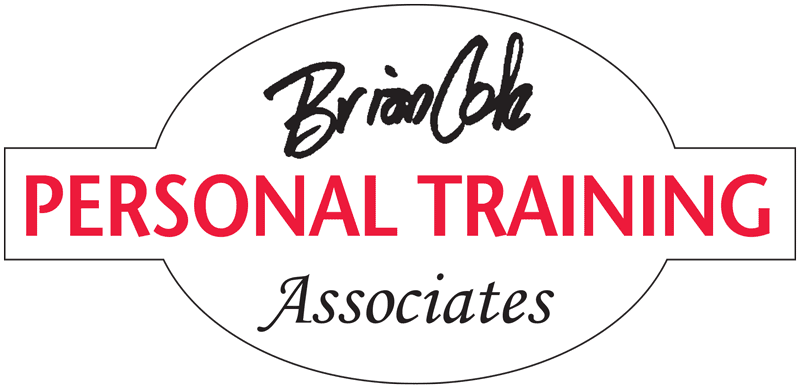A few years ago I learned a great new word. I even had it as my license plate for a while: praxis.
Praxis is the practical application of knowledge. That’s obviously relevant in many areas of our lives but it seems especially so regarding our health. I’m going to write/explore that but first I’m going to posit that “knowledge is no guarantor of good judgment nor of good decision-making.” Or put more bluntly, a lot of really bright capable people make a lot of poor decisions.
Here are some random facts that science and research have clearly established:
MEAT is defined as beef, pork, steak, hamburgers, sausage, hot dogs, ham, bacon and processed deli meats. If consumed more than once a week, meat greatly increases the rate of death due to heart disease, clogged arteries, colorectal cancer, prostate cancer, pancreatic cancer, pre-menopausal breast cancer and diabetes. Most studies confirm from 20 to 50 percent higher risk. This is largely due to saturated fat. Americans, most of whom know this, still decide to eat tons of it. Daily.
MILK is the second leading source of saturated fat in the American diet. After age two, children should switch to fat-free skim or 1 percent milk. Not 2 percent. In 2 percent milk, a whopping 38 percent of calories come from saturated fat. In 1 percent milk, only 2.5 percent comes from fat (this is because milk is mostly water and the fat percentages are based on the part that isn’t water). While this surely isn’t PRAXIS, it may not qualify as poor decision making because many folks probably think “low-fat 2 percent” (that’s actually how they promote it) is better than whole milk. It is but that’s not saying much. Two percent milk is dangerous junk food.
SUN is frying our skin and causing cancer yet we still refer to a “healthy tan.” That’s an oxymoron but we still spend a lot of unprotected time in it.
EXERCISE is our first line of defense for just about every health issue we face. Yet most people don’t make the decision and commitment to add enough exercise to the comfortable lives our society provides.
I’m talking about poor decisions but maybe people are just trying to live with some pleasures in life. I mean it’s a short, short life and we should enjoy it, right? Enjoyment! Pleasure! Self-indulgence! I agree I agree I agree. The pleasure principle should be one of our major guides.
Shift: (stay with me here) While I admit that after reading philosophy, I usually want to do something tangible (my theoretical side has a rather short attention span). I do have a favorite philosopher. Epicurus lived from
342 B.C. until 270 B.C. To be an epicure today implies sensual enjoyment of the finer things and the moral theory that the highest good is the pursuit of pleasure. He taught that. But this was no superficial thinker.
What is superficial is the understanding of what he taught about “pleasure.” Not indiscriminate promiscuity because many perceived pleasures come with their own burdens—poor health, disrespect, diseases, broken friendships…. Epicurus taught that true pleasure requires wise choices.
Epicurus is a paradox. His school was in his garden where he grew fruits and vegetables and prepared his meals. He was a hedonist who taught that pleasure was found in a life of simple pursuits.
And that’s the point I’m trying to make: it is more pleasurable, it is more self-indulgent, it is more hedonistic to live a healthy life and be able to enjoy as many things as we can for as long as we can. And that is the practical use of knowledge.
Science, logic, reason, intuition, being in touch with our feelings (or, as this man puts it: listen to women), combine to give us what we need to make decisions that improve our lives. Making healthy decisions is not just sensible and practical—it’s by far the most pleasurable.
That is praxis.

